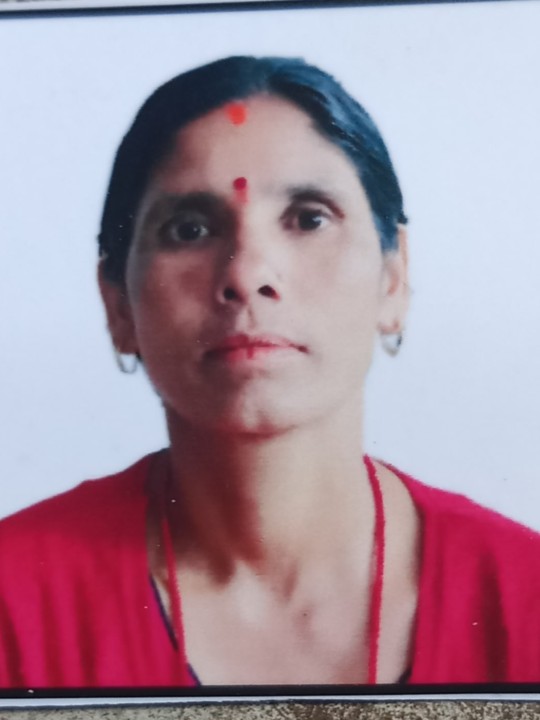Saraswati Chhetri
Dipjyoti: A Flame Lit from the Fields
In Ward no.8 of Jaljala, there’s a woman whose languid strength lingers around the fields and the farm she’s built with her own hands. Her name is Saraswati Chhetri, 45 years old, farmer by inheritance, entrepreneur by her anchor of thought.
Saraswati Chhetri doesn’t remember the first time she touched soil. She just knows it was always there, beneath her fingernails, pressed into her palms, on the soles of her bare feet as a child running through the fields of Jaljala. Farming wasn’t a career. It was a fact. Her family had always done it. So she did too.
By the time she was old enough to lift a sickle, she already knew what season brought what crop. How to spot disease in a goat’s eye. How to tell when the rains were running late just by the feel of the wind. It was instinct, muscle memory, and maybe a little inherited stubbornness.
She didn’t finish school. There wasn’t much room for it. Not when the household needed her. Not when life asked her to grow up fast. She learned her lessons in the kitchen, in the fields, in community rituals where duty outweighed dreams. She carried it all: the domestic, the cultural, the unspoken. She didn’t complain. That wasn’t her.
Money was always tight. There were days when even asking for a loan felt like a joke. No one took her seriously. And yet, here she is, decades later, standing on her land, running her own farm. Dipjyoti Agriculture Farm. Built with what she had. Rupee by rupee. Day by day. Some of the same people who once turned her away now come asking her for advice.
“I didn’t have anyone to look up to,” she says. “So I became the person I needed.”
She doesn’t say this like a slogan. She says it like someone who’s spent 27 years learning to live with risk. She’s tried new crops. She’s failed at some. She’s raised animals, dealt with disease, with drought, with inflation. She knows what it’s like to lose a whole season’s worth of work to a single storm. But she was unstoppable.
When she heard about the GEEP program, she was curious. She didn’t think she’d get picked. But she did. And what it gave her wasn’t just funding, it was clarity. A way to think about her farm not as survival, but as a business. She got trainings, met other farmers, and for the first time, saw herself not just as someone who works the land, but someone who could grow it into something bigger.
With the support, she bought a grain mill and a spice grinder. Not fancy machines, but practical ones. They’ve helped speed up production, cut down labor, and improve the quality of what she sells. For someone used to doing everything the hard way, this felt like relief.
She’s proud, but not loud about it. That’s just who she is.
These days, she sees more people wanting chemical-free vegetables, local produce. It gives her hope. “This is our time,” she says. “We just have to be ready.”
She’s already thinking ahead. About passing the farm down to the next generation. About hiring young people in her village. About building something that lasts longer than her. Her biggest wish? To not just grow food, but to grow dignity. To prove that farming, when done right, doesn’t keep you poor. It keeps you rooted even when you flow.
The soil remembers her. And she remembers what it took to make it here.
“Farming, when done right, doesn’t keep you poor; it keeps you rooted even when you flow. The soil remembers me and I remember what it took to make it here.”

